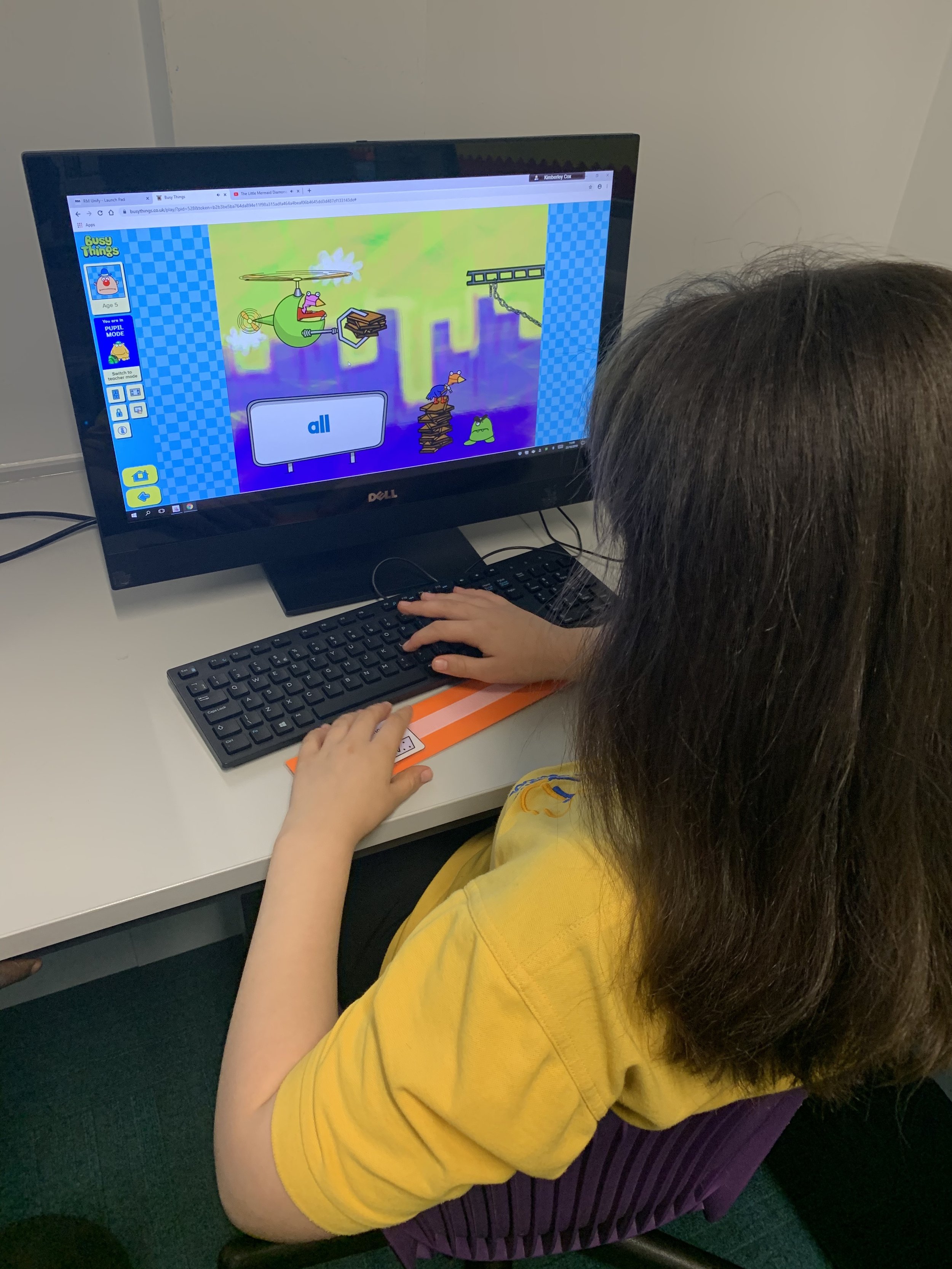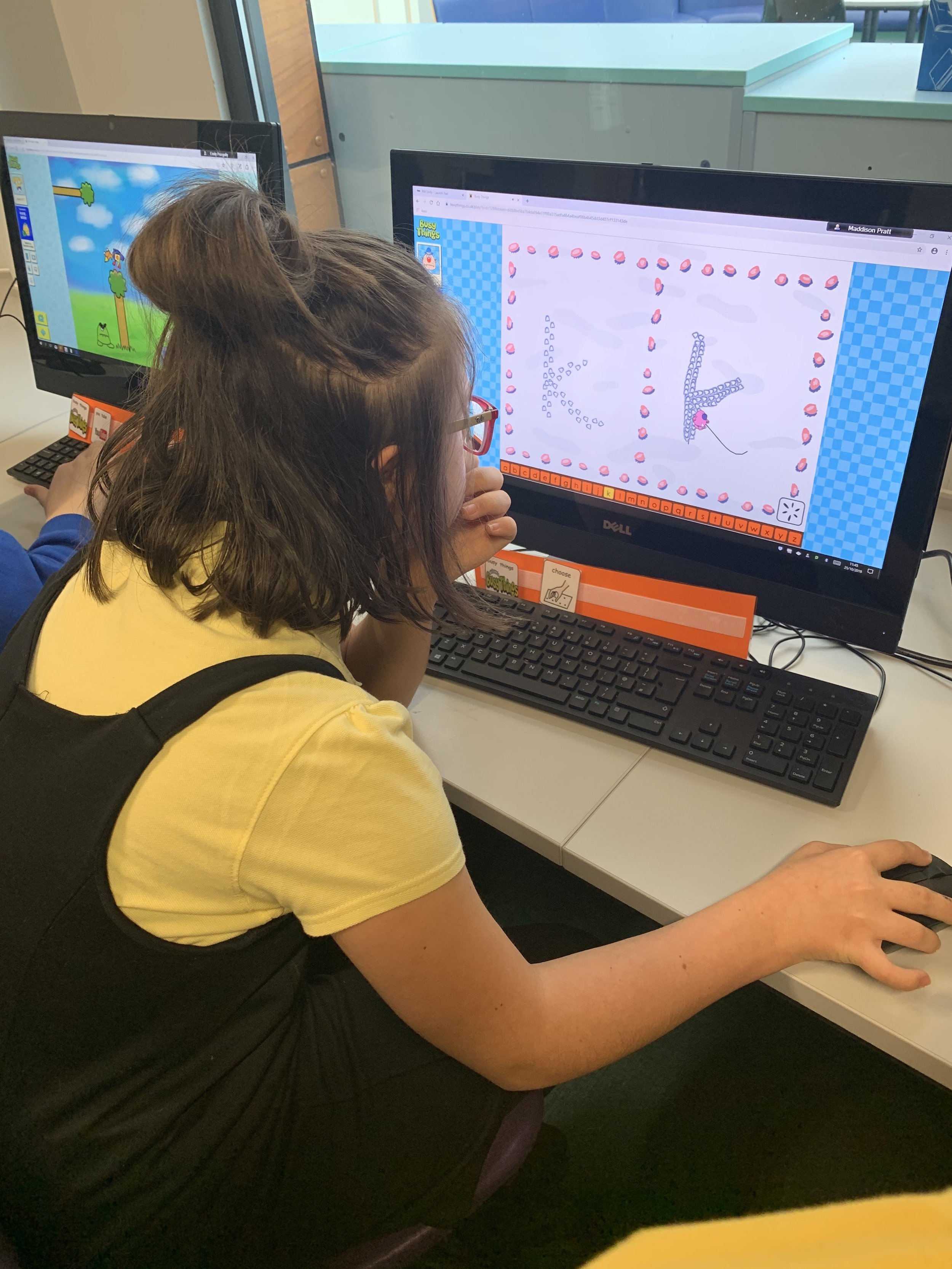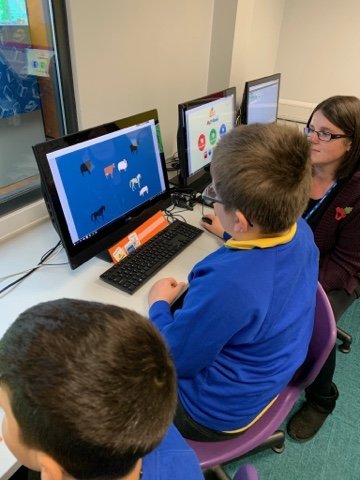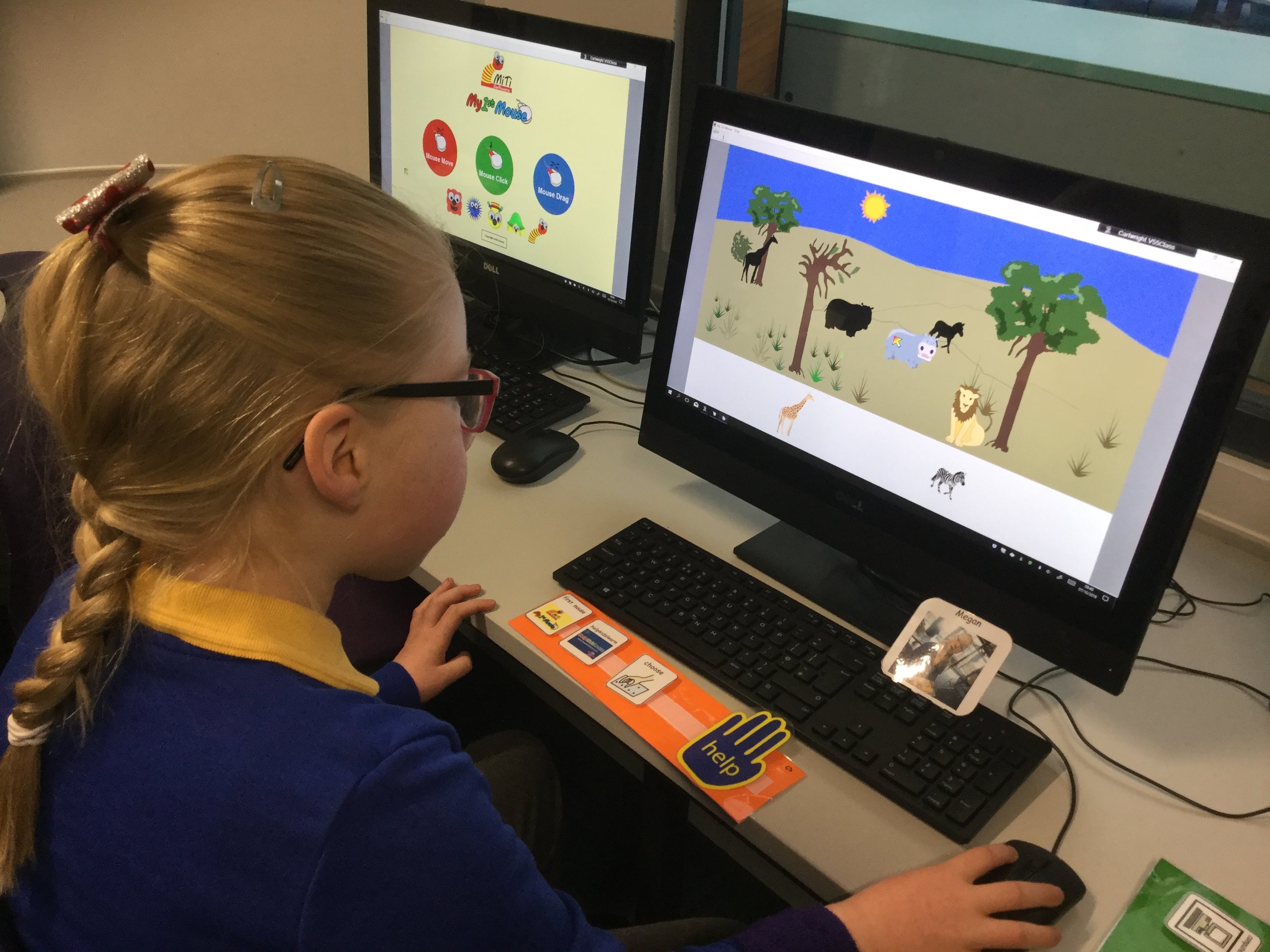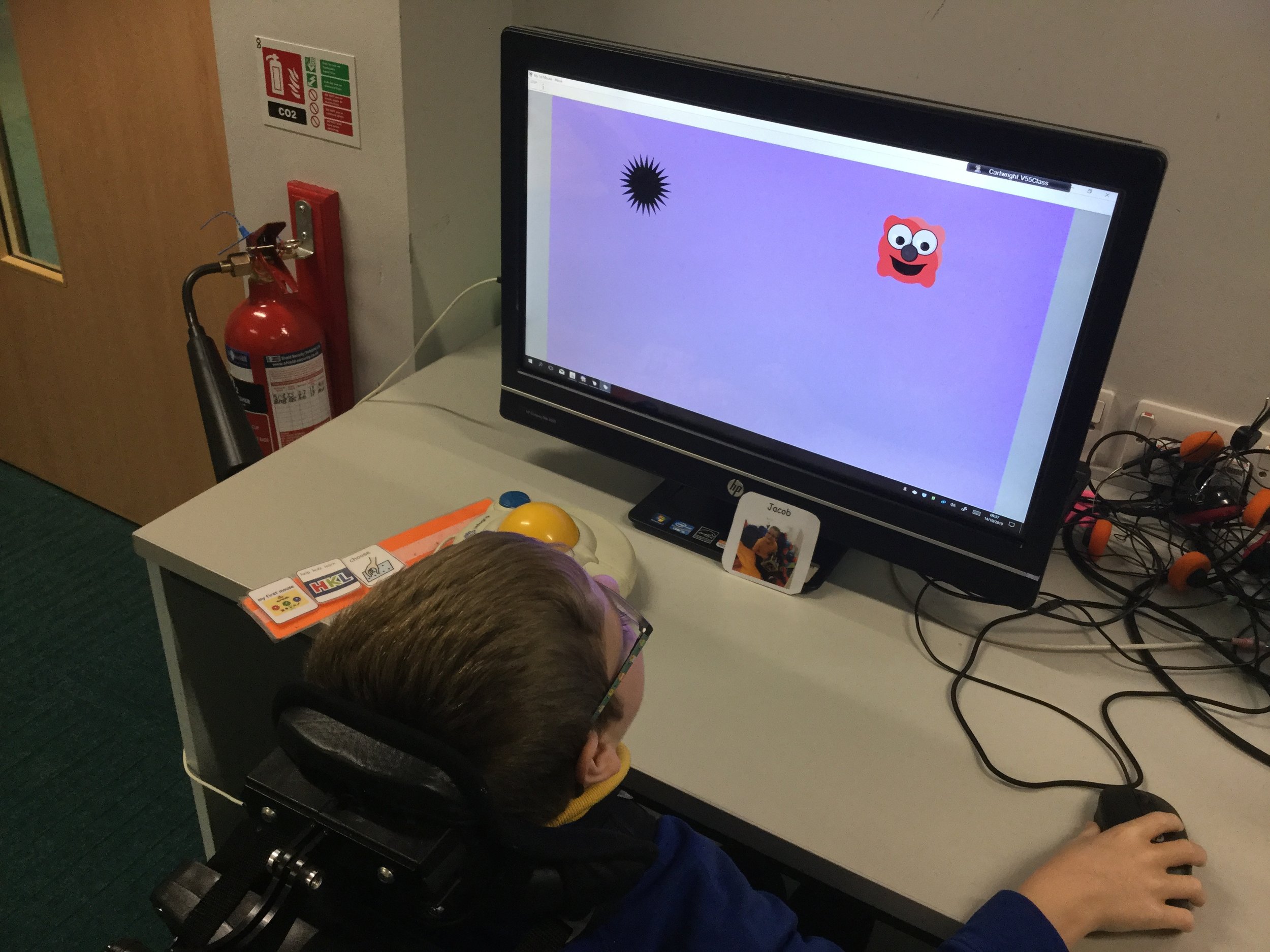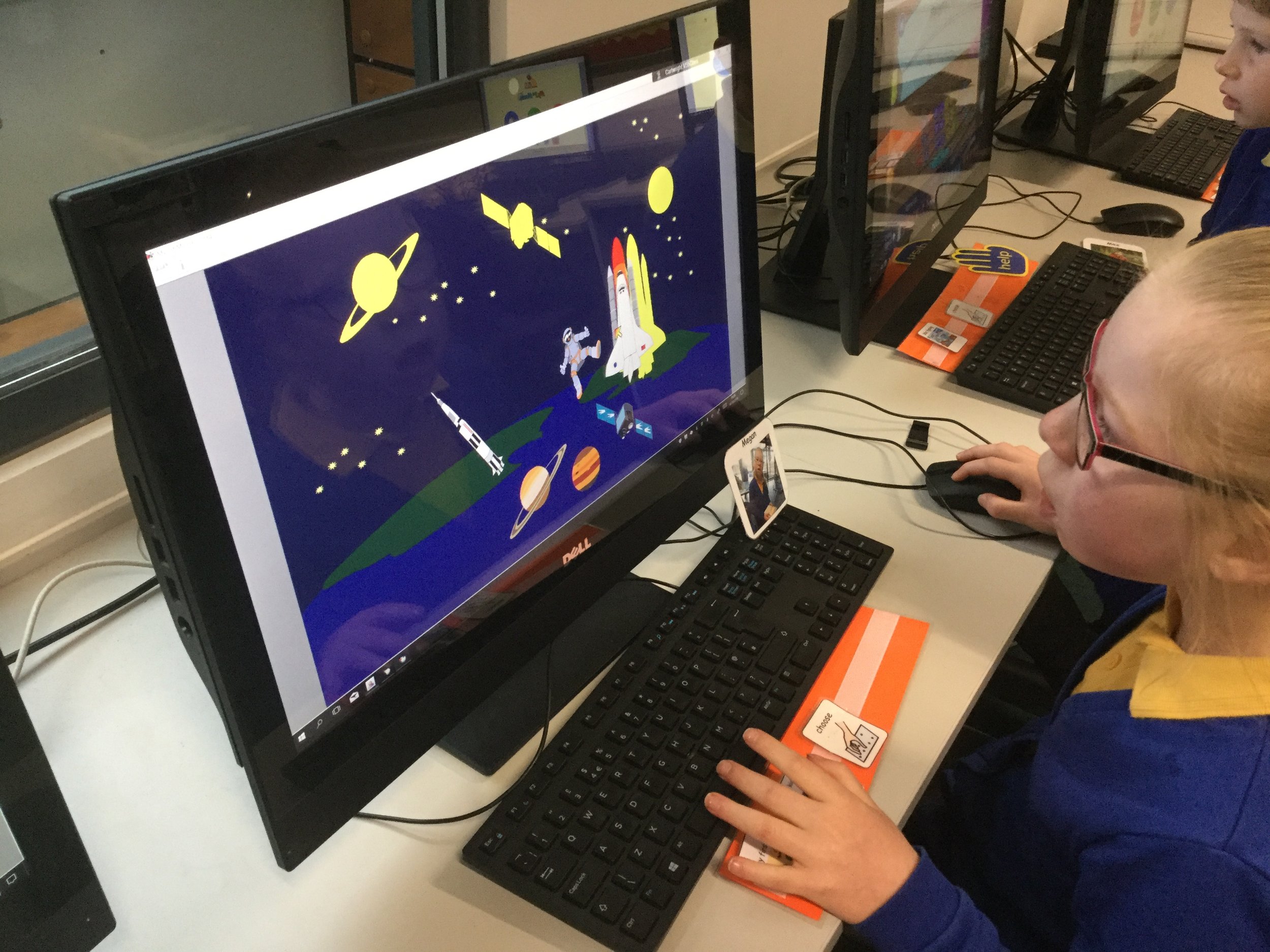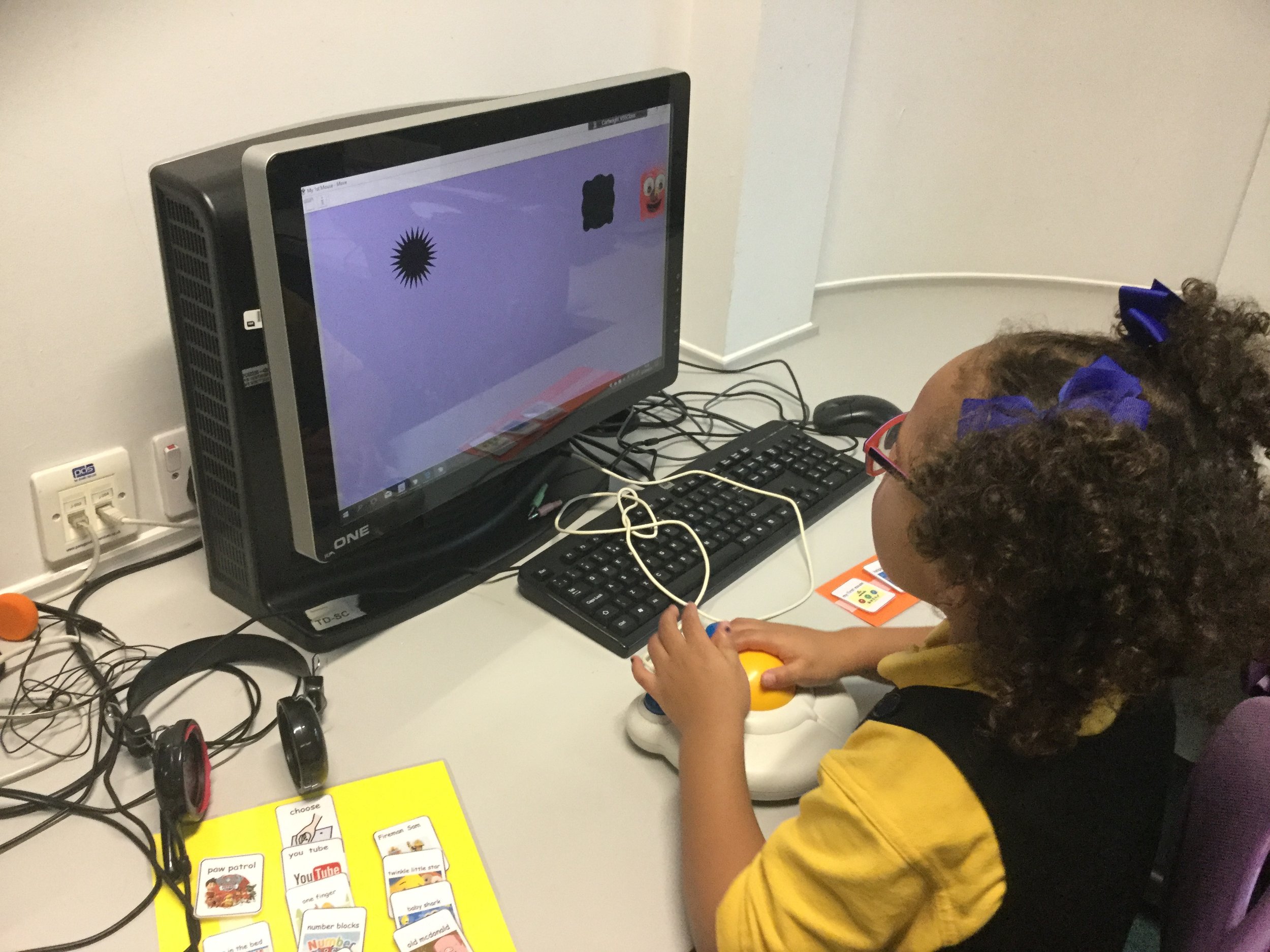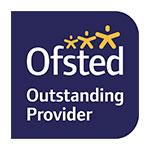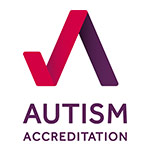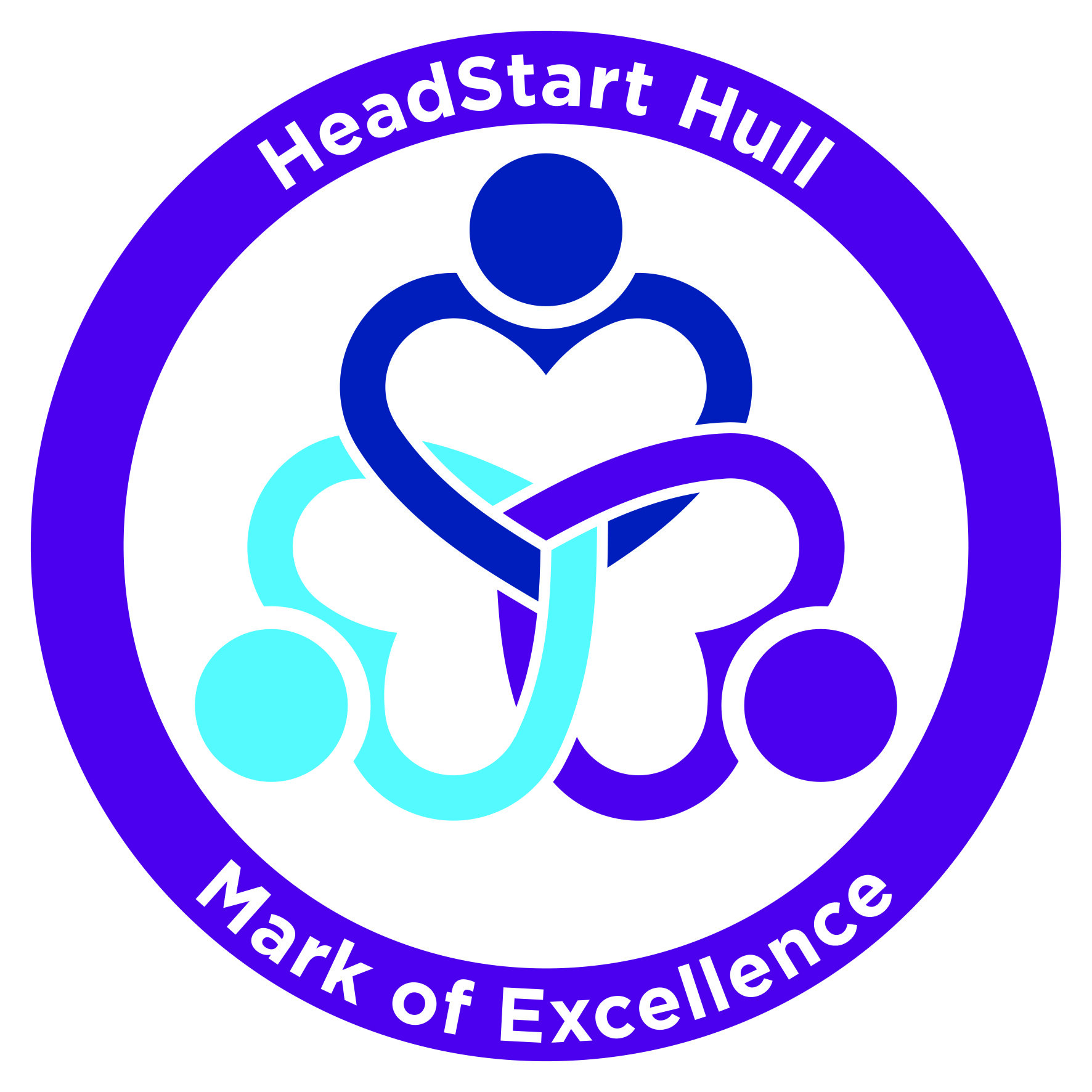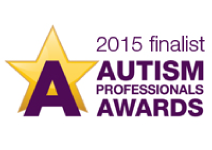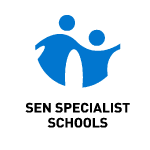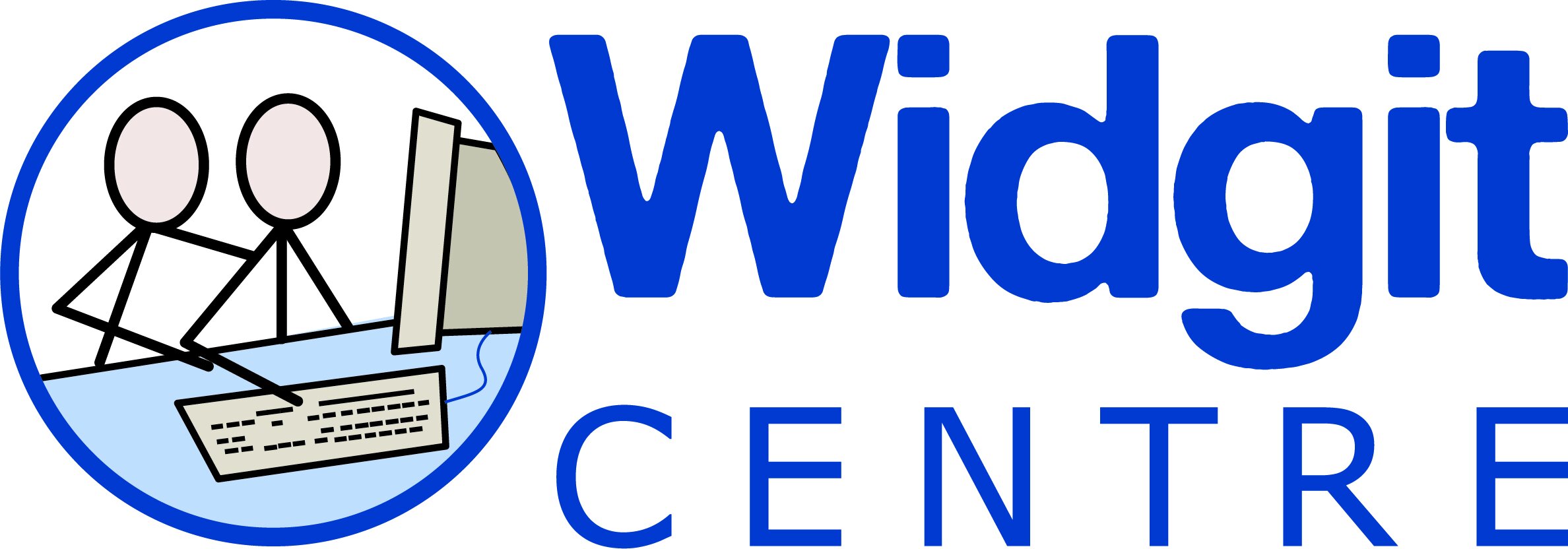Science & Theme
Science
Aim
Our Science lessons aim to turn our students into mini- Scientists. We want to spark their curiosity about the natural world. We encourage them to ask questions, explore, and share their ideas. They will do this through fun activities and hands-on learning. We want students to think creatively and critically. They should respect all living things and take care of the environment. We want them to learn important science skills like observing, classifying, experimenting, and thinking critically. We will make sure the lessons fit each student’s level. We also want them to see how science is part of everyday life. This will help them connect science to their own experiences.
What do we want our students to learn?
We want our students to be problem solvers. They should use the skills and knowledge they gain in science to help them in life. This includes living healthy lives. They should understand growth, life cycles, and how science affects daily life through:
Electricity and technology
Cooking and hygiene
Gardening
They should develop interests and understand the world around them.
Theme
Our theme curriculum helps our pupils get creative by using all their senses and diving into art, music, design, technology, and drama. We want our pupils to explore, create, and learn new skills and knowledge.
Our theme curriculum also covers History, Geography, Religion, and world views. This helps our pupils learn about the world, become curious about people, and understand their own history and place in the world.
What do we want our pupils to learn?
We want all our pupils to be excited about learning about themselves and the world they liv in. Our lessons are planned so pupils can revisit and build on what they learn as they grow. We want pupilss to express themselves in different ways and get ready for adulthood by finding their own interests.
Our themes are planned on a 2 year rolling programme :
Imagination, Hull, Holidays, Festivals and Celebrations, People and Places, and Living Things


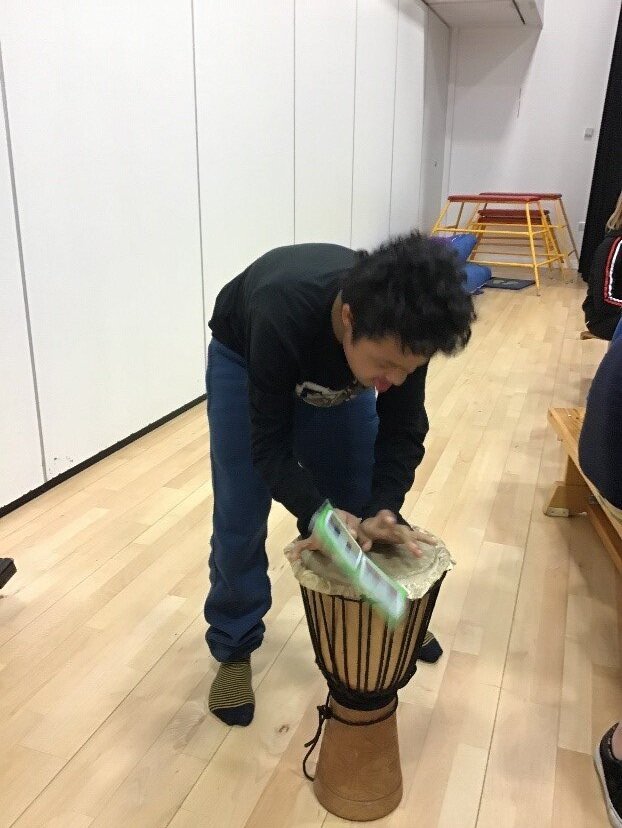
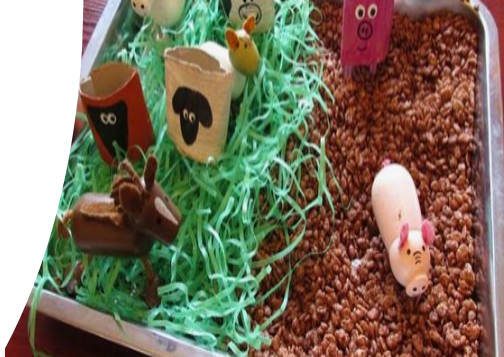
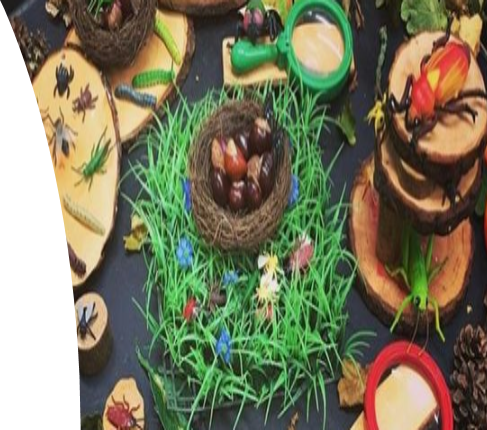
![IMG_8253[1].JPG](https://images.squarespace-cdn.com/content/v1/55844036e4b0f336297ec457/1645009781850-FRXRZ8I729UU8VUKFXQD/IMG_8253%5B1%5D.JPG)
![IMG_8261[1].JPG](https://images.squarespace-cdn.com/content/v1/55844036e4b0f336297ec457/1645009782236-RWTGREDXC51IZOMOUEQU/IMG_8261%5B1%5D.JPG)
![IMG_8263[1].JPG](https://images.squarespace-cdn.com/content/v1/55844036e4b0f336297ec457/1645009786325-XVOW3L936JV7L4U47PDS/IMG_8263%5B1%5D.JPG)
![IMG_8283[1].JPG](https://images.squarespace-cdn.com/content/v1/55844036e4b0f336297ec457/1645009787278-C9T3ICZ7F5QAS00QJ8DE/IMG_8283%5B1%5D.JPG)
![IMG_8284[1].JPG](https://images.squarespace-cdn.com/content/v1/55844036e4b0f336297ec457/1645009789723-L1V1KS89V29SHUBZRLUK/IMG_8284%5B1%5D.JPG)
![IMG_8317[1].JPG](https://images.squarespace-cdn.com/content/v1/55844036e4b0f336297ec457/1645009791391-TD7RF7R70QN3P0GFY3XU/IMG_8317%5B1%5D.JPG)
